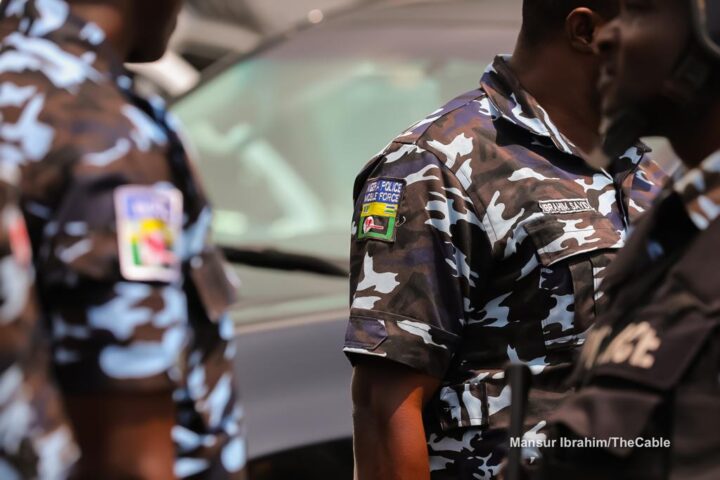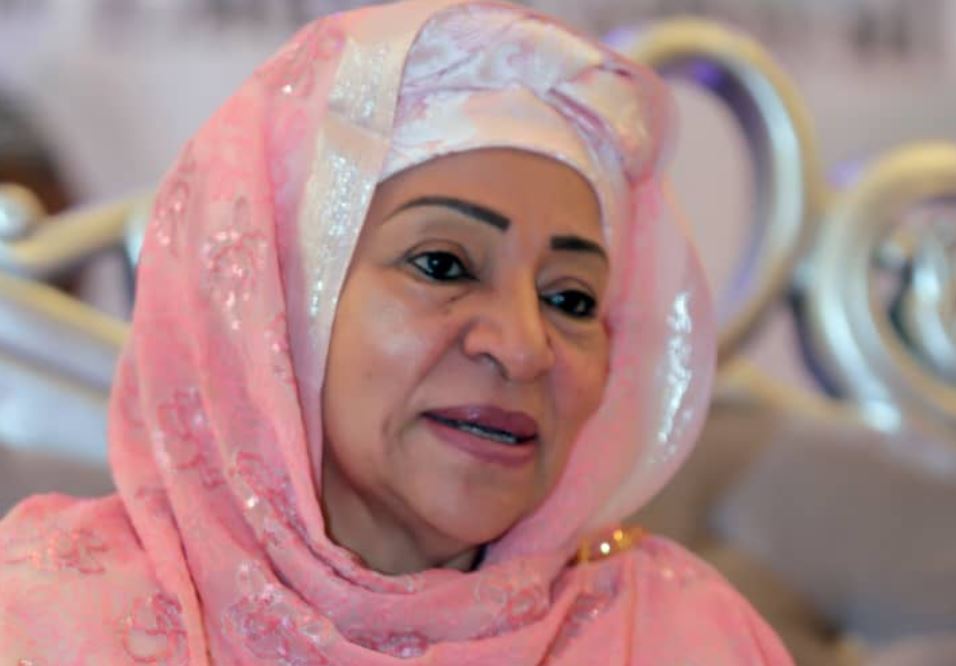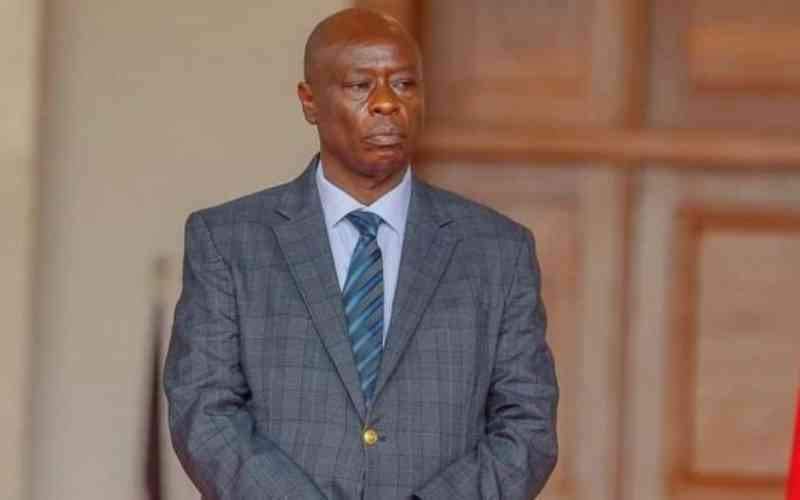Itsekiri leaders reject INEC's proposed ward delineation in Warri federal constituency

The apex Itsekiri sociopolitical body, Itsekiri Leaders of Thought (ILoT), has rejected the Independent National Electoral Commission’s (INEC) proposed ward delineation report for the Warri Federal Constituency, describing the exercise as “biased, compromised, and inequitable.”
Speaking to journalists over the weekend in Asaba, the Secretary of ILoT, Sir Amorighoye Mene, said the Itsekiri nation would challenge the report through legal means, insisting that the delineation process lacked fairness.
INEC had presented the proposed delineation of wards and polling units for the Warri Federal Constituency at a stakeholders’ meeting in Asaba, the Delta State capital, in compliance with a Supreme Court judgment mandating fresh delineation.
The Warri Federal Constituency is made up of Warri North, Warri South, and Warri South-West local government areas.
Mene criticized the delineation exercise for allegedly ignoring the voting strength of the different ethnic groups in the constituency, warning that if implemented, the Itsekiri people risk being politically sidelined.
He called on INEC to ensure equity by basing the delineation on the number of registered voters in each area.
He further alleged that the Supreme Court judgment that led to the fresh delineation was obtained “surreptitiously,” noting that the case went undefended by INEC and other relevant stakeholders.
Despite the Supreme Court’s directive for a nationwide delineation exercise, Mene accused INEC of selectively implementing the judgment in Warri Federal Constituency, claiming it revealed a hidden agenda by the electoral commission.
His words, “We were not given opportunity to speak or react at the venue of the unveiling because they knew they had done things inimical to our interest.But we have looked at the report given to us and the entire Itsekiri nation completely condemn and reject the work done by INEC.We not only condemn it, we reject it in its entirety because the fears we had earlier on at the commencement of the exercise has been proven. That INEC will not be fair and just in the exercise. The report they unveiled today has shown that INEC is very biased, and anti Itsekiri.
“In Warri North; Itsekiris used to have six wards, Ijaws, four wards since 1999 but today from the reviewed INEC report, out of 18 Wards, itsekiris with 75,912 registered voters with 134 polling units now have eight wards.
“While the Ijaws with 35,480 voters strength and 58 polling units now have 10 wards.”
Mene maintained the situation was not different from Warri South West and Warri South where the Itsekiri’s voter strength was undermined.
According to him, In Warri South West, Itsekiris with voters strength of 94,074 and 175 polling units based on INEC register, now have five wards out of 19 wards delineated by INEC in their report.
“While the Ijaws with 95,046 voting strength and 147 polling units now have 14 wards in the area.
“In Warri South, Itsekiris with the voting strength of 88, 309 and 174 polling units now have eight wards while the Urhobos with 38,000 voters and 72 polling units, have 10 wards and the mix demographic area with about 51,517 voters and 105 units, the Ijaws got two wards in the area.”
He urged INEC to concern itself with eligible voters and how they could vote conveniently and exercise their franchise.
“We expect INEC to be fair, equitable and not biased because wards and polling units delineation is for the convenience of administering elections based on numbers of registered voters in various communities and registered areas.
“INEC is not supposed to be concerned with religion, land ownership claims as it is not a court. It’s primary responsibility should be about eligible voters and how they can vote conveniently. INEC should concentrate on voters and how they can vote conveniently in the areas they are registered.”









